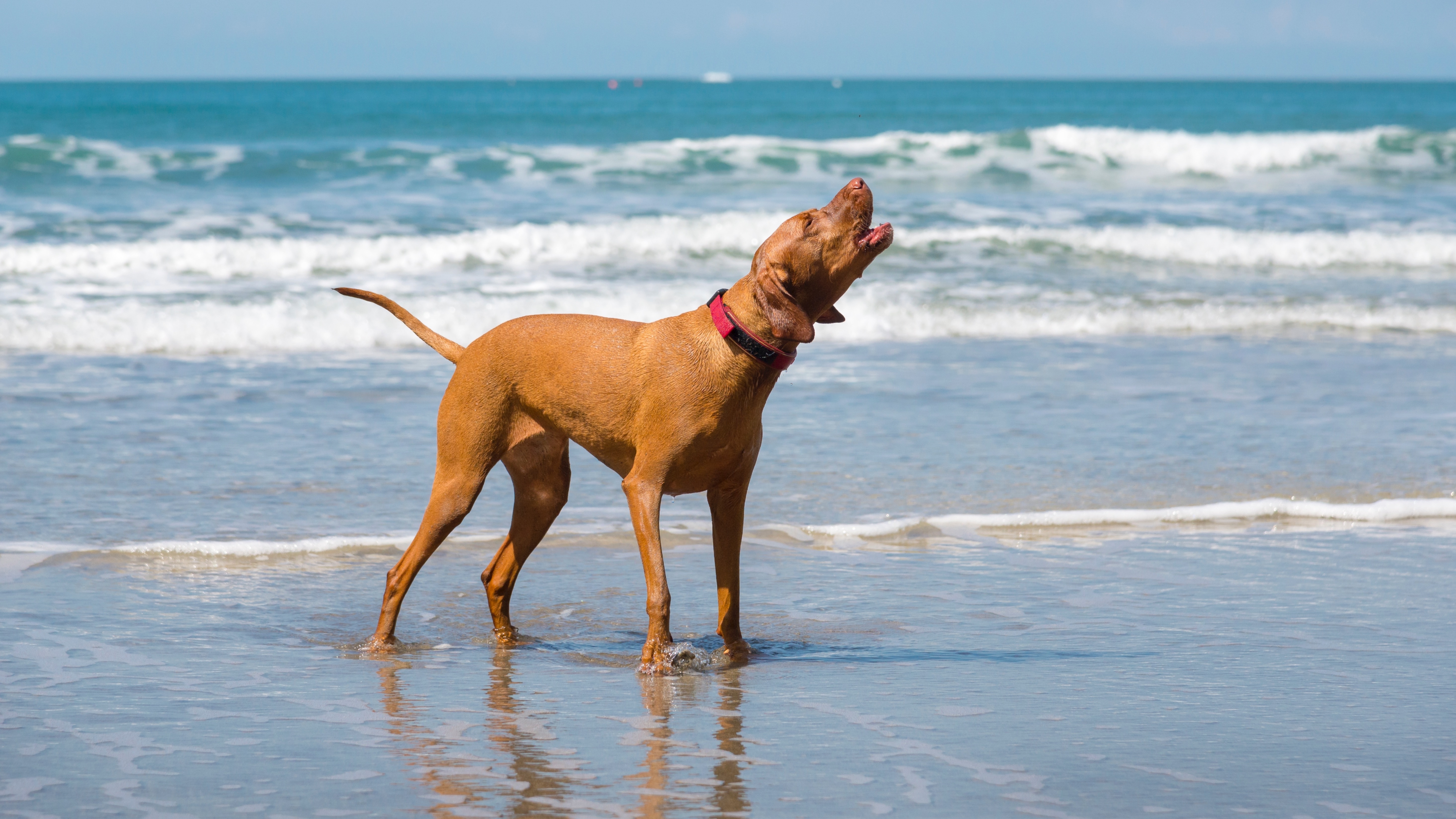Is your reactive dog barking excessively? Try this trainer's simple exercise to help them feel calm
Just make sure you aren’t too close to the trigger!

When your dog doesn’t seem to stop barking you’d be forgiven for feeling frustrated and annoyed. If you’re in public, it can feel embarrassing, and if you’re at home trying to take part in an online meeting, doing the housework, or even just relaxing, incessant barking can be incredibly distracting.
If your dog is a reactive dog and not even the best dog toys can distract them, you may be feeling at a loss as to what to do. There are many possible reasons why your dog barks at everything, but regardless of the cause, you'll be relieved to know that there's so much you can do to help your pup overcome their reactivity.
This advice from certified dog trainer San Choi of Ruff Roll Academy in particular could prove really valuable – it certainly gave us some ideas!
A post shared by San (KPA-CTP) (@ruffrollacademy)
A photo posted by on
Choi’s advice is designed to allow us to help our pups feel calm when they hear or see things that might trigger them, whatever they might be.
First, Choi recommends teaching a looking behavior. “Yes, you can train your dog to look and not bark, but you have to do it systematically working up to bigger and bigger challenges to see success,” he says. “Start with giving your dog a mark, or ‘yes,’ when they hear or look at something.”
However, you should make sure you’re physically at a distance from the thing that might trigger barking – ideally, at a distance that’s far enough that they won’t yet be triggered to bark. As Choi explains, “The idea is to show them a trigger at a lower intensity that does not send them to the point of stress where barking and other behaviors may come up.”
This exercise involves desensitization, with which it’s always important to start further away before moving closer. Choi says that the technique he’s outlining here uses the concept of differential reinforcement training – this is when you reinforce the desired behavior while withholding reinforcement for any other behaviors. So, if your dog does something undesirable, you don’t use negative reinforcement or punish them, you just ignore it.
Get the best advice, tips and top tech for your beloved Pets
Don’t be afraid to reach out to a qualified professional for help, either. As Choi says, “Understanding the full scope of dog behavior can be so nuanced it’s always helpful to call in a qualified pro.”
Here’s what one dog parent in a similar situation did to help address their dog’s reactivity – you might find this article useful: My reactive dog impacted my entire household, here's what I did about it.

Adam is a freelance journalist specialising in pets, music and culture, and mental health and wellbeing. He investigates and writes the large majority of news on PetsRadar, and collaborates with veterinary experts to produce informative pet care content.
Adam has a journalism degree from Southampton Solent University and a masters degree in Magazine Journalism from Cardiff University. He was previously senior editor at dog advice website DogTime.com, and has also written for The Independent, GoodToKnow and Healthline.
He owns two rescue cats, Bunny and Dougie, and has also previously had a rabbit, fish and Roborovski dwarf hamsters.
